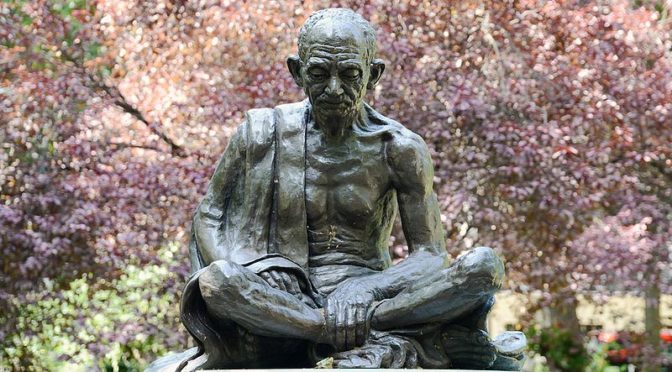
A lecture by Eraldo Souza Dos Santos (PhD candidate at Université Panthéon-Sorbonne, Paris, associated at CEFRES) as part of the Franco-Czech historical seminar organized by Institute for Czech History of the Faculty of Arts, Charles University (FFUK), in collaboration with CEFRES.
Venue: Faculty of Arts of Charles University, nám. J. Palacha 2, Prague 1, room 201
Time: 14 November 2019, 9:10-12:10
Language: French
Continue reading Complete Civil Disobedience. On Gandhi’s Critique of the State →
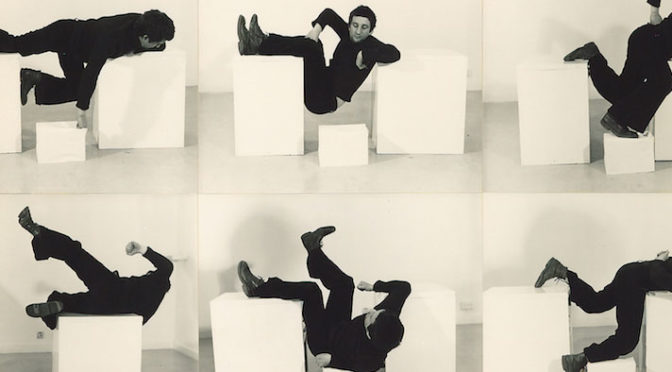
Second session of IMS / CEFRES epistemological seminar of this semester led by
Eraldo Souza dos Santos (Université Paris 1 Panthéon-Sorbonne/associated at CEFRES)
Topic: Civil Disobedience: A Conceptual History
Where: CEFRES Library – Na Florenci 3, Prague 1
When: Wednesday 13 November 2019 from 4:30 pm to 6 pm
Language: English
Text to be read:
- Alexander LIVINGSTON. “Fidelity to Truth: Gandhi and the Genealogy of Civil Disobedience.” Political Theory 46 (4), 2018, pp. 511-536.
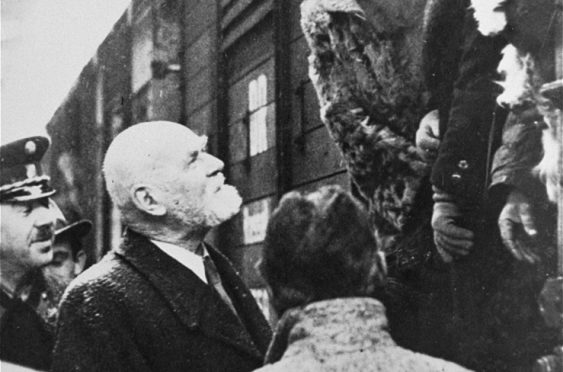
A lecture by Elizabeth Anthony (US Holocaust Memorial Museum) in the frame of the seminar on Modern Jewish History organized by the Masaryk Institute and Archives of the Czech Academy of Sciences, CEFRES and the Prague Center for Jewish Studies.
Where: CEFRES Library, Na Florenci 3, 110 00 Prague 1
When: from 5:30 pm to 7 pm
Language: English
Abstract
Of the pre-Anschluss total of more than 200,000 Austrian Jews – both self-identified and those categorized as such by National Socialist “racial” policy – more than 90 percent lived in Vienna. Some 130,000 managed to escape but the Nazis murdered no less than 65,000, and by 8 May 1945, fewer than 6,000 remained alive in the capital city. Some survivors reemerged from hiding immediately upon the Soviets’ conquest of the city and those who had endured internment in concentration camps joined them there shortly thereafter. The majority of Austrian Jews who survived in exile remained abroad, but a few thousand also returned to reestablish lives in Vienna.
Why lay down roots anew in a homeland from which they had been deported or expelled, and why choose to live among former compatriots who neither expected nor desired their return? What did survivors expect to find in Vienna? What reality did they encounter? And why did they stay? This presentation elucidates the different concepts of familial home, political home, and professional home that inspired a handful of Viennese Jews to go back to their hometown. It analyzes the first opportunities survivors took to exert personal agency for their futures in the immediate postwar period with their emotional, political, and professional reconnection to Viennese society.
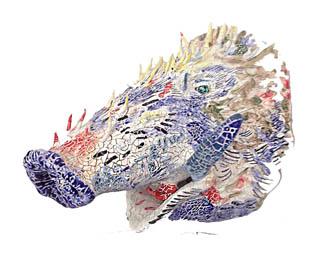
Symposium organised by the Institute of Ethnology AV ČR and CEFRES s with the support of the program Strategy AV21 – Diversity of Life and Health of Ecosystems
Venue: Vila Lanna, V Sadech 1, 160 00 Prague 6
Date: 8.11.2019, 10:00-16:00
Contact: broz@eu.cas.cz
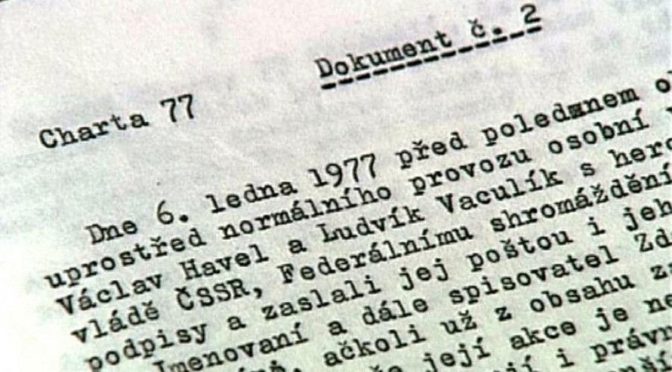
A lecture by Thomas C. Mercier (post-doc. CEFRES / Charles University) in the frame of the Franco-czech historical seminar organized by Institute for Czech History of the Faculty of arts, Charles University (FFUK), in collaboration with CEFRES.
Venue: Faculty of Arts of Charles University, nám. J. Palacha 2, Prague 1, room 201
Time: 9:10-10:30
Language: French
Continue reading Velvet Revolution and Intellectual Dissidence: Charter 77 and Jan Hus Association →
 Debate around a book by
Debate around a book by
Roman Krakovský
“Populism in East-Central Europe”
With the participation of the author and, as discussants:
Pavel Barša (FF UK) and
Michel Perottino (FSV UK)
Introduction: Jérôme Heurtaux (CEFRES)
Moderation: Zora Hesová (FF UK)
Where: Faculty of Arts, Charles University, nám. Jana Palacha 2, Prague 1, room P104
When: 5 November 2019, 6:30 pm
Organizers: CEFRES, Faculty of Arts, Charles University, with the French Institute in Prague
Language: English
Whereas the fall of communism in 1989 was considered as a victory of democracy on authoritarism, thirty years later, the region is facing a wave of populist movements among the most virulent in Europe. How can we understand this paradox? In his book, Roman Krakovský offers a historical insight into east-central European populism.
Roman Krakovský is historian, lecturer at Geneva University, specialized on east-central Europe. Author of:
– Réinventer le monde. Le temps et l’espace en Tchécoslovaquie communiste (Publications de la Sorbonne, 2014)
– L’Europe centrale et orientale de 1918 à la chute du mur de Berlin (Armand Colin, 2018)
He has just published: Le populisme en Europe centrale. Un avertissement pour le monde ? (Fayard, 2019)
This debate is part of CEFRES Visegrad Forum and follows a book presentation in Bratislava, 4.11.2019.






